There’s a genre of games that seems to hibernate between blockbuster releases that serve as milestones, and a testimony to the very unique experiences that they provide. That’s the open-city crime genre for you, with GTA 5 being the last groundbreaking addition to its ranks and only a smattering of noteworthy ones since.
With GTA 6 delayed again, this time to November 14, 2026, and with another delay possible, we’re here to argue that it shouldn’t be that way, and that this is a genre that carries a lot of potential for riveting experiences across a spectrum of crime sandboxes that are worth making as well as playing. Why do we believe so?
That’s what we’re about to explain.
A Legend’s Looming Shadow
Yes, games like GTA 5 don’t come along too often. But that’s exactly what we’re trying to say. They don’t have to. But perhaps a bunch of smaller experiences that try and tackle a more nuanced approach to specific aspects of the open city crime world, or maybe take a flyer on facets that Rockstar’s flagship hasn’t gotten around to, might help with long dormancy in the genre?
They would certainly help fill the vacuum between successive instalments from major franchises, keeping the genre alive for fans of cities that live and breathe, responding to your actions in a way that feels very engaging and immersive. Working outside of the law in such a world can be both amazing and a curse depending on the situation, and the sheer grandeur of GTA’s cities, alongside their size and scope, can be hard to emulate.
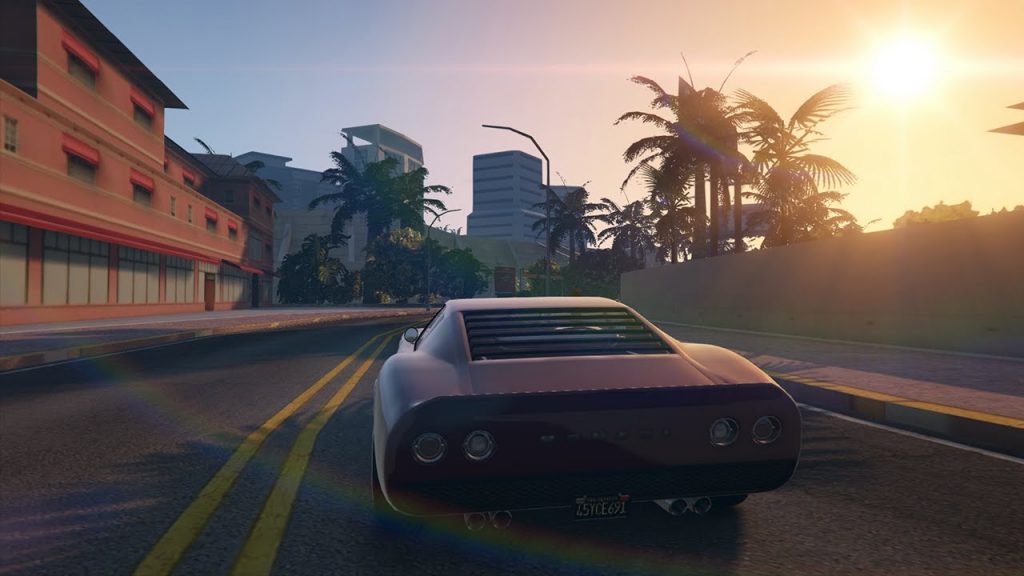
But a smaller title that perhaps takes a different approach to criminal activity can meld the best of the genre with innovative twists to create a fresh take. It’s certainly better than leaving fans of the genre to fill the long gaps between titles with smaller projects of their own.
But let’s give credit where it’s due, and take a look at a few noteworthy games that did grace the genre in the years before and after GTA 5 we think about what could be next around this time next year, with its successor hopefully in its players’ hands by then.
A Few Fond Memories
Sleeping Dogs is a good place to start. Playing as an undercover cop and having to actually maintain the illusion of loyalty made for a story that carried a lot of great moments and a lot of tension. Having Shen earn three different kinds of XP, each of which improved a specific aspect of his abilities, was a masterful touch that gave this one a degree of immersion that other titles don’t really nail down as well.
While it could have balanced its melee combat and gunplay a little better, this is definitely among the finest games to grace the open city crime genre, and one whose interesting twist bakes itself into every important aspect of the experience.
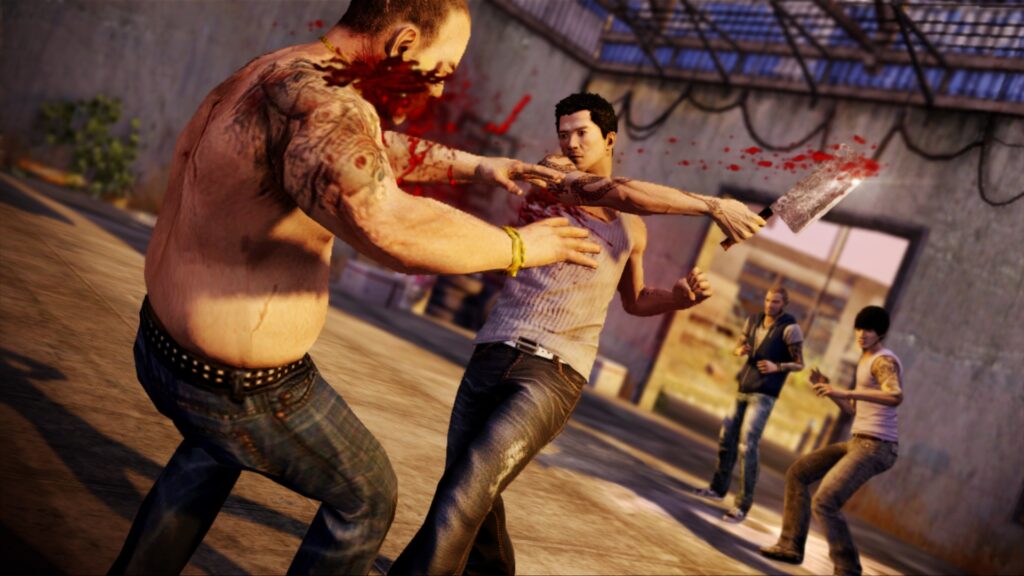
Saints Row is another great example of a title that gets the genre’s trappings right. It’s unspoken emphasis on chaotic mayhem, along with the penchant for some charming commentary, this one brought quite a lot of personality to the table. But the 2022 reboot didn’t really work towards the game’s own strengths, with a lackluster story and buggy release dampening the enthusiasm for a title that once stood tall among its peers in the genre.
There’s also Watch Dogs 2, which did a great job of building on its predecessor, bringing an element of strategy and stealth to the genre with its hacking and gadget-focused approach to missions and side content. It was an interesting twist on the crime formula, combined with an open world that had a lot to do and discover.
It’s an experience that’s quite unique and does a great job of keeping you invested in its world, and deserves merit for what it has achieved. It made creating havoc in its world feel clever, instead of merely a loud distraction. There was a method to its madness, and a calmness to its chaos that made it an experience that puts its own spin on what crime in the modern age looks like.
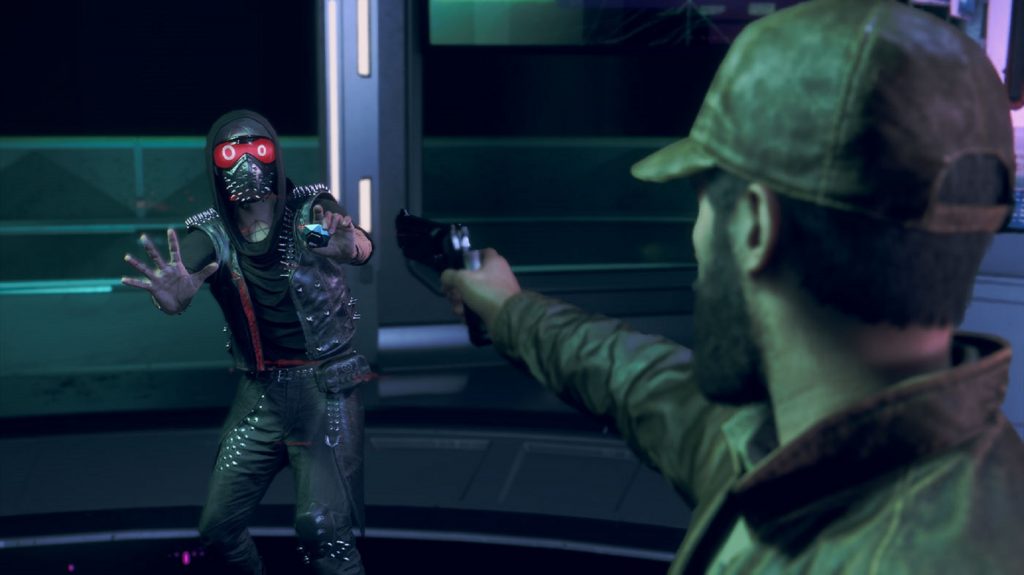
And of course, the Mafia franchise has more than delivered on the crime front, although its linear sandboxes don’t quite touch the highs that a truly open world can reach. But it’s a strong argument in favor of experiences that hit hard, and remain memorable as a result. It also makes a case for more serious, nuanced takes on crime. Not every crime game needs a sprawling megacity and a casual undertone, after all.
There’s clearly a demand for crime-based games, but what has limited their supply? That’s another interesting facet of this genre’s dormancy.
Even The Best Laid Plans Can Go Wrong
For starters, building a giant city that actually does the job of pulling you into its world is no walk in the park. You’re going to want crowds that actually live in the city with distinct patterns to their virtual lives. You want traffic that feels as unpredictable as it does in the real world. You want law enforcement to dynamically respond to your actions and give you the thrill of the chase. And you want all of these systems colliding without breaking.
When they do, your experience is marred by bugs and glitches. But when they don’t, you get a world that’s just too good to ignore. That’s a solid argument in favor of smaller worlds that get nearly everything right, compared to large worlds in which too many things could go wrong.
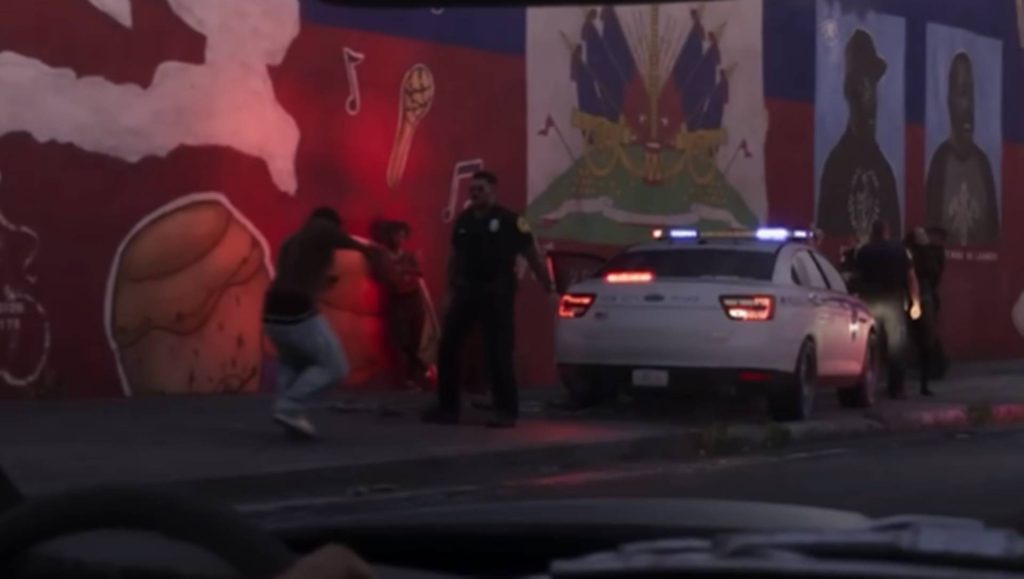
Secondly, balancing controlled missions with chaotic mischief is difficult for any genre, while picking between a realistic, gritty presentation versus a light-hearted take can be too binary of a choice. The right combinations of these elements present a fantasy in which you feel free to do as you please, while the game’s invisible strings pull you along the inevitable path forward.
But if a game falls off this tricky tightrope, the fantasy collapses with it. That’s something even the most seasoned studios are cautious of, and another reason for creating experiences that reflect the scope of their respective teams, with efficient use of available resources being more important than grandeur and scale.
And there’s also the matter of crafting interiors on buildings and other environments that feed into the fantasy of a living, breathing world that’s truly in service to your whims. They’re expensive, but also too necessary to the core experience to be stingy about, and the best of the best developers know this. It’s perhaps why open city crime games have been left to the industry’s giants.
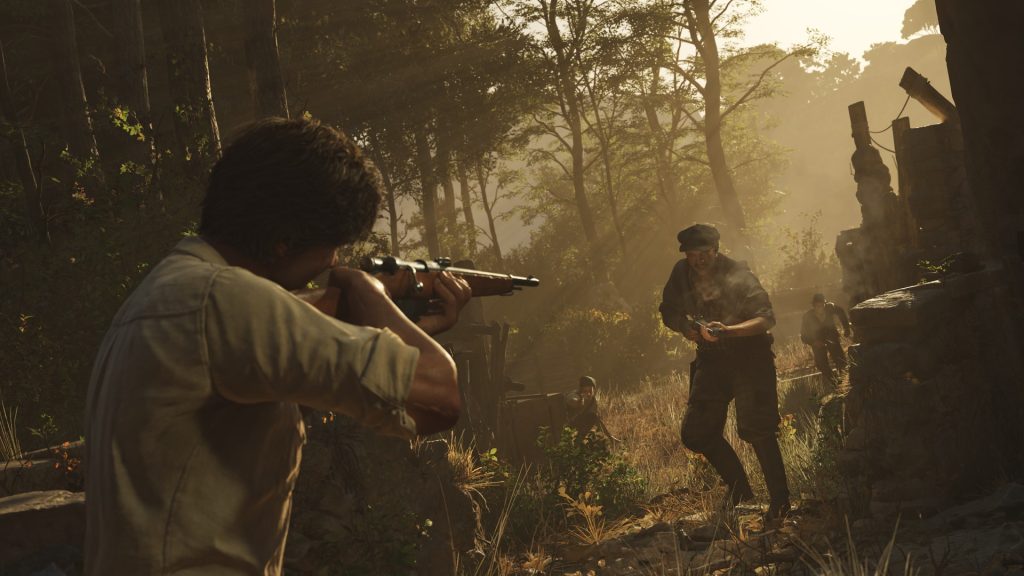
But again, smaller projects could alleviate budget concerns, striking a balance between immersion and scale that could allow some truly intense and captivating stories to be told through the crime genre’s lens.
And let’s not forget driving. Cars in these games must feel authentic and also fun to drive around, another tricky balance to pull off, even for the best. With all these constraints, it makes sense for studios to be cautious about tackling open-world crime. But what are the alternatives?
New Takes, New Possibilities
One way to do it would be to take a heist-focused approach to gameplay. That could mean planning entry and exit routes, acquiring relevant disguises to enable infiltrations, establishing relationships with fences for stolen goods, and arranging clean getaways in the event that things go south. The fantasy would be in the preparation and execution of your plans, while improvising in the field is always an option to get the adrenaline flowing.
Another option is to take a smaller district of a large city and have three to four densely populated areas that make it feel much larger than it actually is. I’ve always argued that a smaller map with more stuff in it is a lot better than a massive one that’s comparatively empty. Sleeping Dogs took a middle route to this approach, but a smaller studio could certainly scale things down.
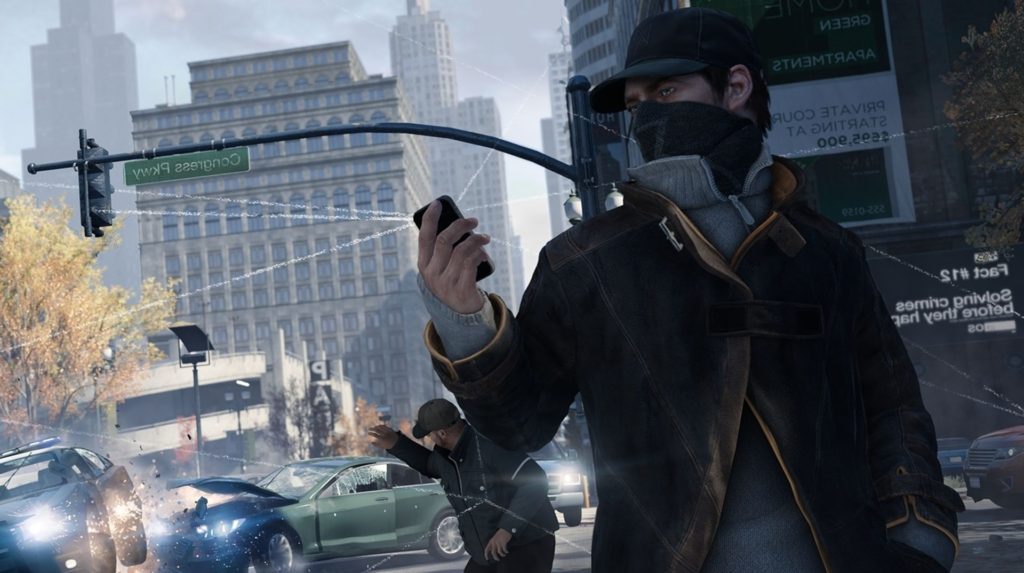
Social stealth and a faction-based gameplay loop like the one in Watch Dogs is also an interesting avenue to pursue. It could make for some intense missions and perhaps even set pieces in which your character’s faction sets up ambushes or traps across the world and vice versa. That’s a great way to populate a sandbox with activities and events that unfold as you go along, dynamically and in a way that makes the entire experience addictive.
Going down the pulp playground route is also an option, and a studio with the wit and charm to double down on absurdity could do very well to bring a fresh new franchise to bring the open city crime genre into a very welcome spotlight.
The Future of Crime
We look forward to games based in cities that sit up and take notice when we walk by. We want our actions to have witnesses, and for the potential for more chaos as a result. We want to see patrols that change, cops that escalate conflicts believably and with precision, capers that we can plan from end to end before going all guns blazing if and when something goes wrong, and an experience where failure creates fun stories.
The open city crime genre needs to get past the kneecapping notion that its experiences need to match the size and scale of GTA or not exist at all. Imagine these long years marked by a thrilling heist sim, a district-scale crime RPG, and a pulpy stunt sandbox. That’s three potentially excellent games that could have had the space to breathe in the years between GTA titles.
We hope to see more of this genre in a post-GTA 6 world, and perhaps find new studios willing to bring their own unique perspectives to its trappings. Time will tell if our wish comes true. Until then, it’s time to count down the days until we get to dive into Rockstar’s latest take on one of its greatest hits.
Note: The views expressed in this article are those of the author and do not necessarily represent the views of, and should not be attributed to, GamingBolt as an organization.


